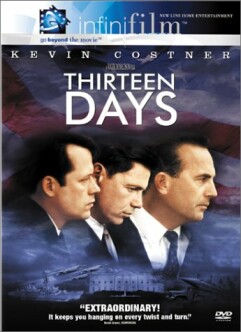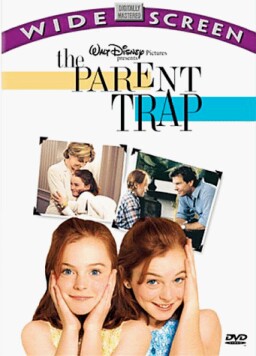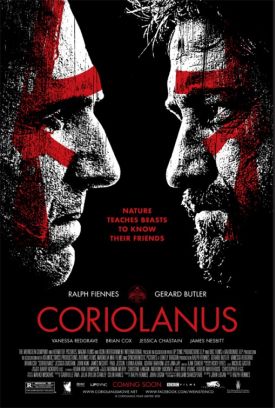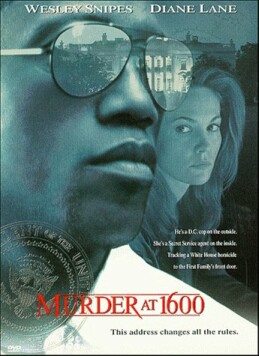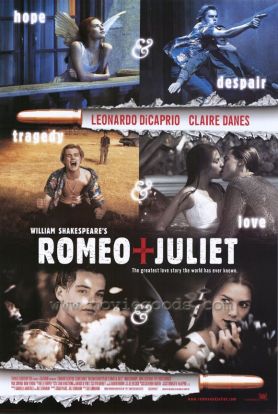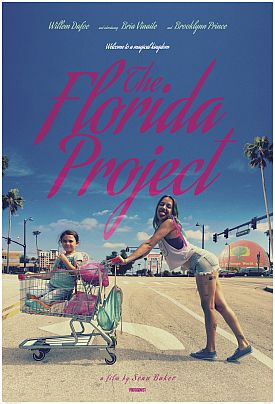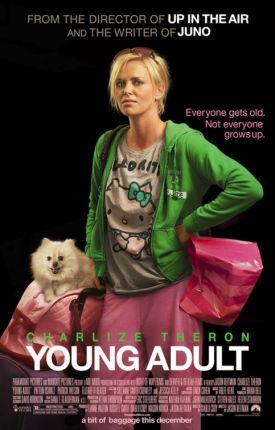Thirteen Days
Who, I wonder, is the intended audience for movies like Thirteen Days?
Of course we know who it is that makes them. Kevin Costner, in spite of a string
of self-indulgent flops is still a big enough star to be allowed to indulge
himself a bit further. And of course when two or three are gathered together in
Hollywood you can expect a political consensus on (at least) the following
points: (1) that John F. Kennedy’s administration (1961-1963) was the political high-water mark
of American history, like Rome under the Antonines, and (2) that, even under Kennedy, the Republicans
and old- fashioned Cold War Democrats, in alliance with wicked or crazy Pentagon
brass hats, were willing and even eager to engage in — as Slim Pickens so
memorably put it in Kubrick’s Dr
Strangelove — “nook- lear
combat, toe to toe with the Rooskies.”
Only JFK saved us. Or so we might think if we were to believe the propaganda
supplied as a public service to the teenage products of our abysmal educational
system, who must learn what little history they know from the movies.
Thirteen Days gives us the Hollywood version of the Cuban missile
crisis of October 1962, when American spy-planes detected the installation in
Cuba of Soviet missiles with nuclear warheads targeted on the United States.
Kennedy realized that the U.S. could not ignore the immediate threat and
instituted a
“quarantine” — a
word he substituted for “naval
blockade,” which is what it really
was, in the hope that it would not be seen as an act of
war — against Russian ships bound for
Cuba. For a few days it looked possible that nuclear war would break out until
the Russians backed down and agreed to take their missiles out of Cuba in return
for the removal of American missiles, targeted on the Soviet Union, from Turkey.
The tit-for-tat was kept secret at the time so that it looked, going into the
1962 elections, as if Kennedy had simply faced down the Russians and asserted
his mastery on the world stage. We also found out subsequently (though the movie
does not tell you this) that Kennedy was in a good position to call the Soviet
bluff because he knew the guidance systems on their missiles were
inadequate.
You wouldn’t think that this would
be the stuff of which movies are made. It was a diplomatic and political crisis,
and the only exciting visual action — and the only casualty—came with
the shooting down of one of the spy-planes. But the public-spirited director,
Roger Donaldson, and writer, David Self, and Mr Costner who stars and
co-produces, together with their backers at New Line Cinema, dare to make a
really boring movie in the interest of furthering what the Beautiful People
regard as historical knowledge. Bruce Greenwood as JFK and Steven Culp as RFK
look really good and so show us why it is that the Kennedys were so great, while
Mr. Costner (attempting a ludicrously bad Boston-Irish accent) as Kenneth
O’Donnell, the tough enforcer for
Kennedy’s
“Irish
mafia,” shows us
Hollywood’s idea of the exercise of
power by doing his trademark clenching of the jaw to indicate strong,
barely-contained emotion and the portentous sense of having the fate of the
world in his hands.
Naturally, the real enemy is not the Soviets or Cubans. We only see a couple
of Rooskies (not including Khruschev) in very small roles and no Cubans. The
focus is more or less constant on the claustrophobic White House and Mr
Costner’s manly jaw, and whatever may
be going on in Moscow or Havana is even more mysterious to us, with the benefit
of the Soviet archives, than it was to Kennedy at the time. This is because all
the battles of this movie are fought between the gallant knights of Camelot and
their foes in the Pentagon, stupid or crazy generals and admirals every man jack
of them. The craziest and stupidest of all is of course the Air Force chief of
staff, General Curtis Le May (Kevin Conway), who clearly
can’t wait to start World War III, but
even General Maxwell Taylor (Bill Smitrovich), Chairman of the Joint Chiefs, and
Admiral George Anderson (Madison Mason) have to be slapped down pretty sharply
by their political masters lest they recklessly plunge the nation into war.
Well, maybe it really was like that, but somehow I doubt it. The badly
written script tries too hard to reinforce the stereotypes with the distinctive
Boston accents (interestingly, there is no attempt to make Dean Rusk sound like
a Georgian) or showing the Kennedy boys and
O’Donnell throwing around a football.
At one point Bobby says, “I’m as
conniving as they come, but a sneak attack is just
wrong”—in case we
didn’t know that he had a reputation
for being conniving. And ruthless. Dutifully he avers:
“I hate being called the brilliant
one, the ruthless one….I’m not so smart; I’m not so
ruthless.” And in its efforts to
confirm the Kennedy stereotypes, the film
doesn’t mind what it says about other
historical characters. Dean Acheson (Len Cariou), for instance, is portrayed as
being as crazy as Le May — just so that
the movie can make its typically ham-handed point that, as
O’Donnell says,
“There is no wise old man. S***,
there’s just us.” Ah yes. There we
have it: the real legacy of the Kennedys is the disastrous belief, still
surviving in Hollywood, that the young and beautiful people are better at
running the world than the old and ugly ones. If you believe that,
you’ll love this movie.
Discover more from James Bowman
Subscribe to get the latest posts to your email.

